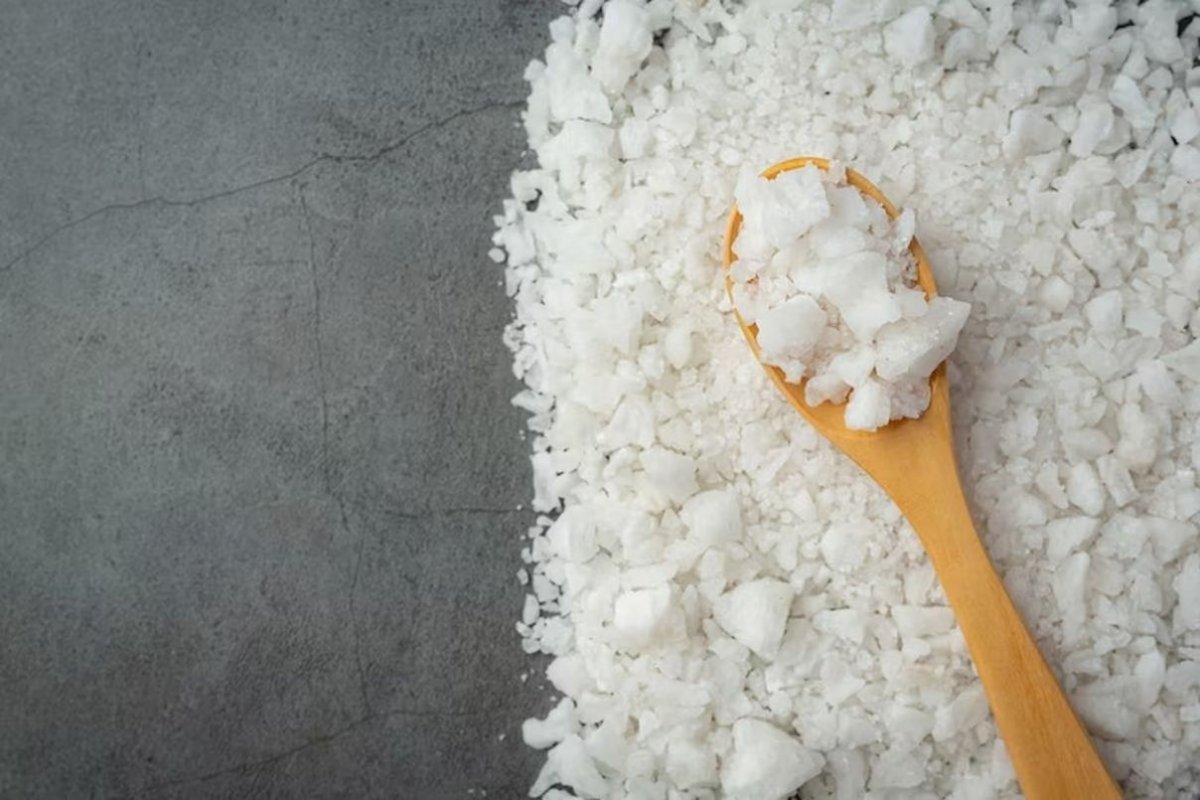
Endocrinologist Zukhra Pavlova warned that adding salt to food can lead to kidney disease. She refers to a study by American scientists.
“We are talking, first of all, about chronic kidney disease (CKD), which is initially asymptomatic, but later threatens organ transplantation,” the doctor wrote in on his blog.
About 500 thousand volunteers took part in the study, and they were monitored for almost 12 years. Over the years, 22 thousand participants were diagnosed with CKD.
The conclusions that the scientists made:
Those who rarely added salt to their food had a 4% higher risk of CKD. compared to those who never used a salt shaker after cooking.
Participants who frequently added salt to their food had a 7% higher risk of kidney disease.
Those who always added salt to their food without even trying it had an 11% increased risk of CKD.
High activity level protected the kidneys from excess salt.
High cholesterol protected the kidneys from excess salt.
Pavlova calls for giving up adding salt to food and generally adding salt on the plate, and not during cooking. Salt is now contained in almost all industrial products, sometimes significantly exceeding the daily norm.
A few facts about the dangers of salt:
1. Increased blood pressure. Sodium causes water retention in the body and increases blood volume. This raises your blood pressure and increases your risk of developing cardiovascular diseases such as stroke and heart failure.
2. Edema. Consuming large amounts of salt can lead to water retention in the body and cause swelling, especially in people prone to this.
3. Increased risk of kidney disease. Chronic consumption of excess salt may increase the risk of developing kidney diseases such as chronic renal failure.
4. Osteoporosis. Excessive salt intake can cause calcium to be lost from the body, which can increase the risk of osteoporosis and weakened bones.
5. Risk of developing stomach cancer. Some studies have linked high salt intake to an increased risk of stomach cancer.
How to reduce your salt intake:
- Choose natural spices and herbs to enhance the flavor of your dishes.
- Avoid foods that contain high amounts of salt.
- Read labels.
- Increase your intake of fresh fruits and vegetables.
Read also: Toxicologist Kutushov: your health may be at risk if you choose the wrong frying pan and pan.
More on the topic: If your arms or legs itch at certain times of the day , this may indicate fatty liver disease.
You can read: Oncologist Nazliev told which washing powder can cause skin cancer.
Important! Information is provided for reference purposes. Ask a specialist about contraindications and side effects and under no circumstances self-medicate. At the first signs of illness, consult a doctor.
 Zukhra Pavlova Medicine, endocrinologist
Zukhra Pavlova Medicine, endocrinologist
